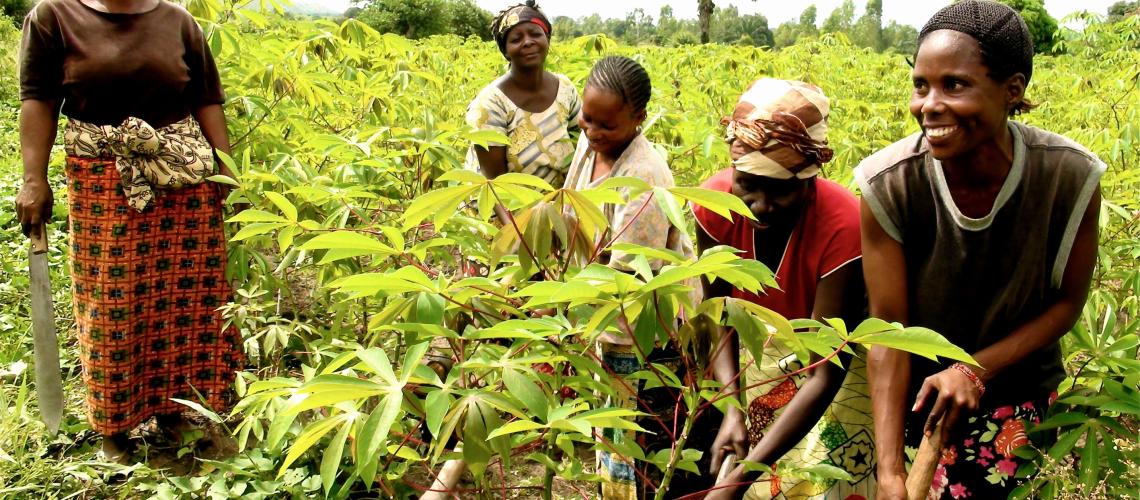
Western & Central Africa
The DR Congo has experienced significant flooding, especially in its capital, Kinshasa, among other natural hazard-induced disasters. These recurring disasters underscore the urgent need for enhanced protection of the population, particularly the most vulnerable, to ensure inclusive safety measures. In response to this situation, following discussions with the Resident Coordinator and the UNCT, the Ministry of Social Affairs and Humanitarian Actions sought the CADRI Partnership's support in December 2022 to conduct a comprehensive review of risk management systems.
This review aimed to identify key entry points for enhancing risk management capacities at both national and local levels, and to integrate an understanding of risk into ongoing development planning. Furthermore, the Ministry had shown a particular interest in revising the national DRR strategy and the national contingency plan, with CADRI's support. Additionally, CADRI's expertise was instrumental in facilitating the alignment of humanitarian and development programming under the newly established United Nations Sustainable Development Cooperation Framework (UNSDCF).
A scoping mission, orchestrated by the Ministry of Social Affairs and Humanitarian Actions in collaboration with the Resident Coordinator Office, was conducted in Kinshasa from June 26 to 29, 2023. The mission, led by the IOM regional office in Dakar, involved support from various UNCT experts, including representatives from FAO, UNFPA, UNICEF, and UNDP.
A debriefing session was held on the mission's final day to outline the findings and discuss the path forward. One key objective was to revisit and potentially update the draft National Disaster Risk Reduction Strategy, formulated in 2019 but not yet officially adopted.
.

A capacity diagnosis mission was planned for 2022, but postponed twice after careful consideration of the socio-political context by the Resident Coordinator's Office (RCO). After two postponements, the capacity diagnosis mission was not rearranged.
.
